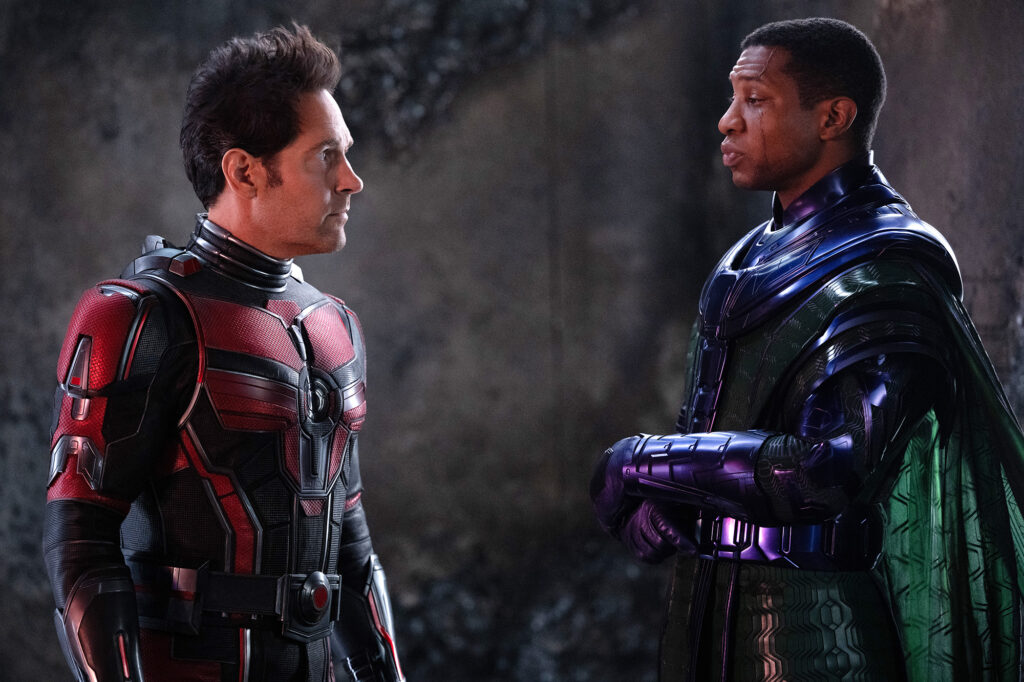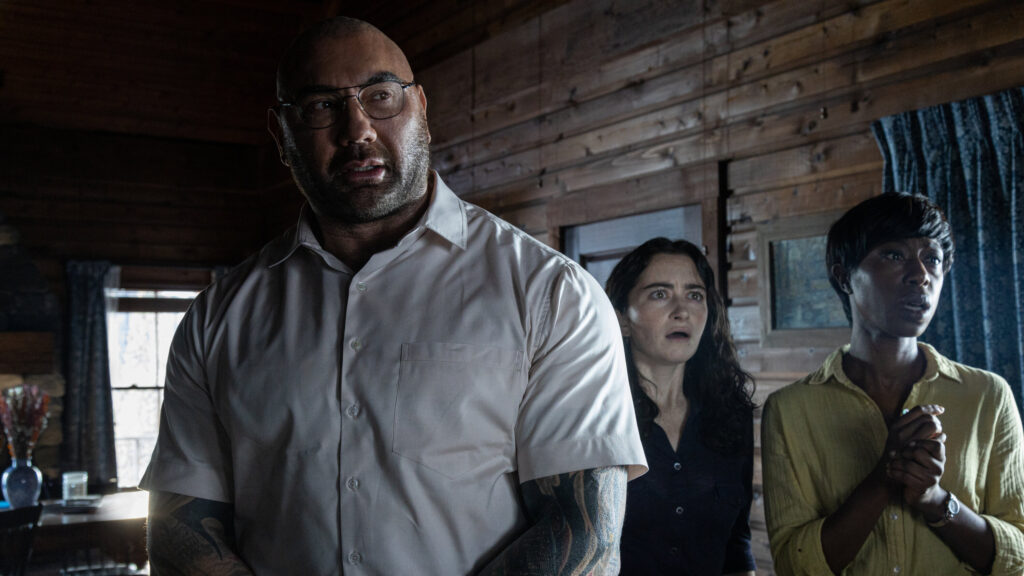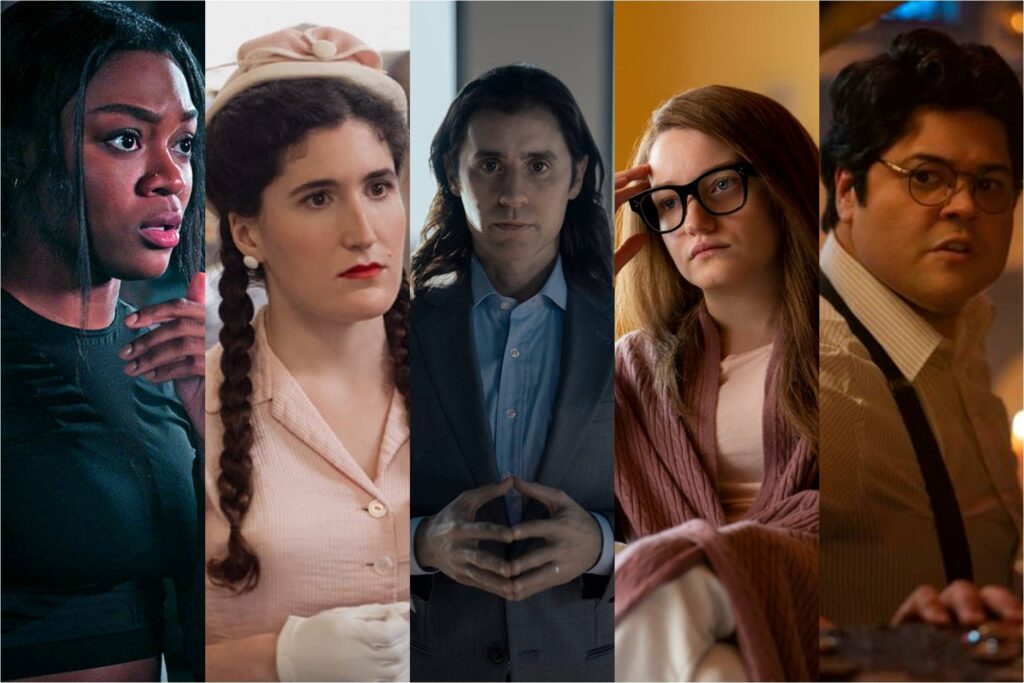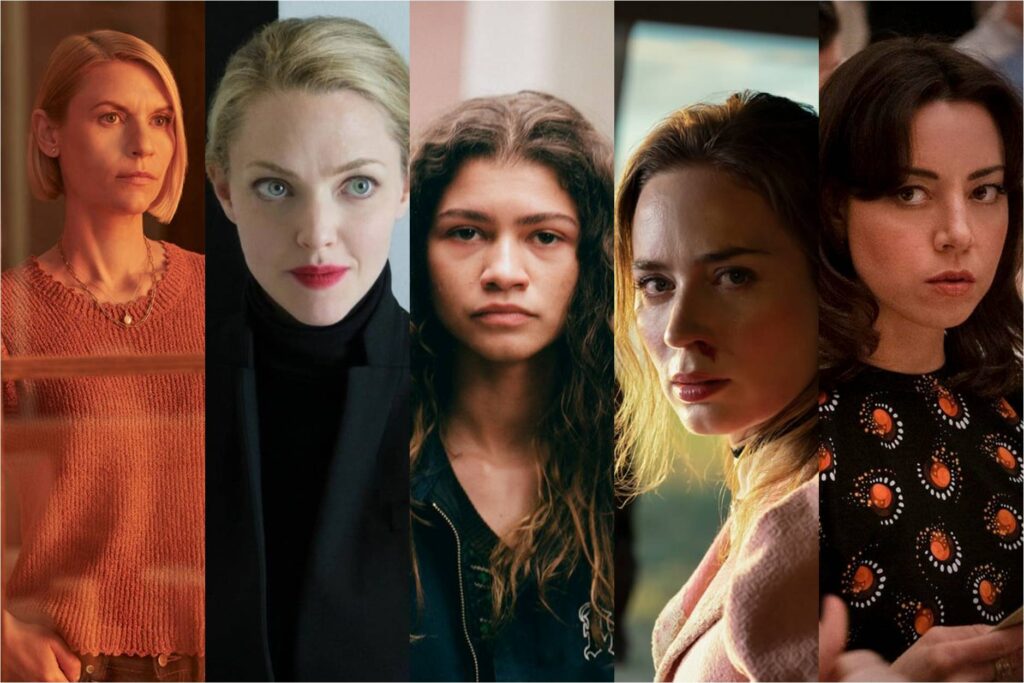The Best Movies of 2022
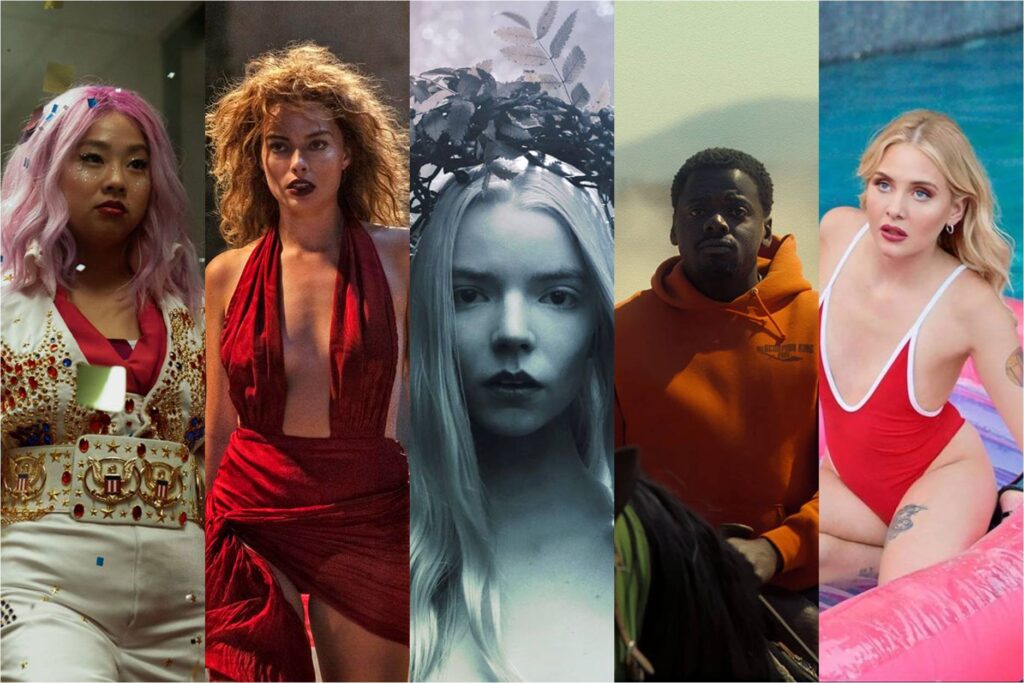
Are movies better than they’ve ever been? This isn’t a rhetorical question, nor is it a trolling provocation. Concordant to the annual list-making ritual—the absurd and irresistible exercise of reducing a year’s worth of cinema to a discrete number of worthy titles—is the compulsion to take stock of the industry at large. This is frequently a demonstration of despair: a lament that movies are dying, are childish, aren’t what they used to be. The perpetuity of these vague assessments—that they invariably allude to some unspecified past in the medium’s history, a golden age when Then was indubitably superior to Now—would seem to diminish their accuracy. But critics are creatures of grievance, and there is always some new cataclysmic trend—the decline of originality, the prioritization of commerce over artistry, the lack of visual and narrative audacity—for us to complain about.
2022 was no different, even if the particular breed of doomsaying it invited was a familiar species. Once again, the box office was dispiritingly ruled by franchises, sequels, and spinoffs; of the 12 pictures that grossed $150 million domestically, only one—Baz Luhrmann’s Elvis, whose subject matter isn’t exactly novel—wasn’t rooted in existing intellectual property. (Last August, I bemoaned the financial failures of three largely original movies that simultaneously landed in theaters with a collective thud.) Conversely, many bracing and adventurous films—the barreling excitement of Athena, the silky suspense of KIMI, the dastardly twists of Fresh—virtually ignored theaters altogether, instead requiring a subscription (or at least a friend or family member’s password) to a boutique streaming service. Cinema may not be dead, but in terms of production and distribution, it is undoubtedly changing, and that constant state of flux inspires grave uncertainty about the art form’s future. Read More

